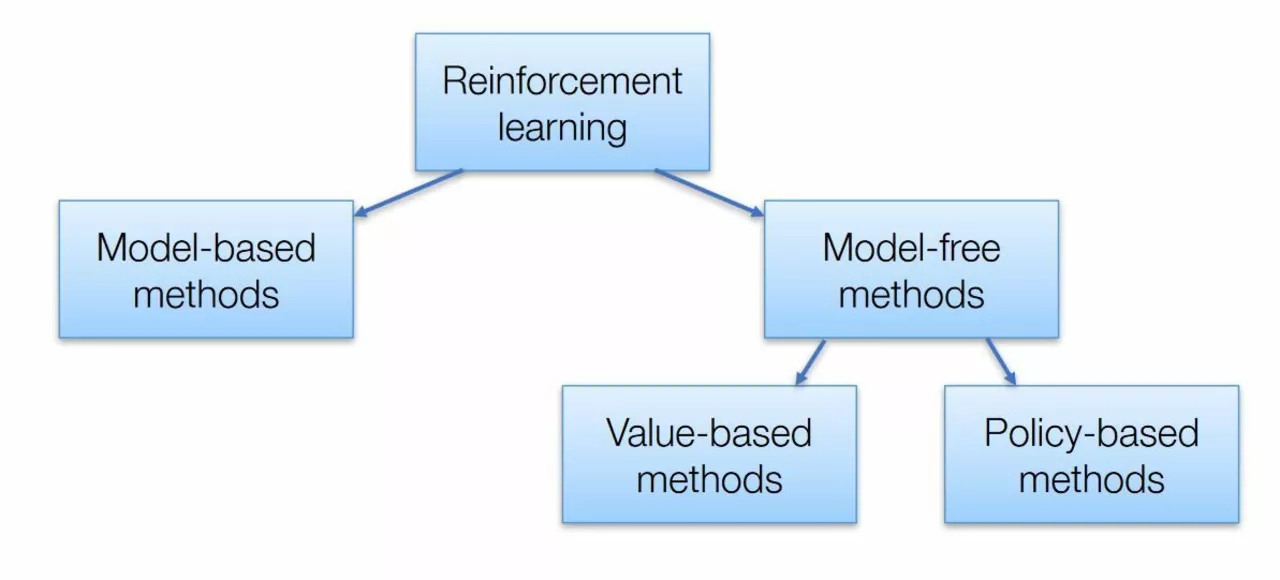AI Ethics: Why It Matters and How to Apply It Today
Artificial intelligence is everywhere – from chatbots that answer your questions to algorithms that decide who gets a loan. When these systems make choices that affect real lives, we need to ask: are they fair, transparent, and safe? That’s the heart of AI ethics. Ignoring these questions can lead to bias, privacy breaches, and loss of trust, which hurts both users and companies.
Common Ethical Issues in AI
First, bias shows up when data reflects past prejudices. An AI hiring tool trained on historically male‑dominant data may keep recommending men over equally qualified women. Second, privacy is at risk when AI collects and processes personal details without clear consent. Third, explainability matters because people deserve to know why an AI made a specific decision – especially in finance or healthcare. Finally, accountability is crucial; if an autonomous car crashes, who is responsible – the manufacturer, the software developer, or the owner?
Practical Steps to Build Ethical AI
Start with clear guidelines. Draft a short AI ethics policy that covers fairness, privacy, and transparency. Share it with every team member so the standards become everyday practice. Next, use diverse data. Include data from different genders, ages, and regions to reduce bias. Run regular bias tests – most ML platforms have built‑in tools for this.
Third, make models explainable. Choose algorithms that can provide reasons for their outputs or add a layer that translates complex scores into plain language. Fourth, protect user data. Anonymize personal information, encrypt data at rest and in transit, and let users opt out of data collection when possible.
Fifth, set up an oversight board. Include people from tech, legal, and the community who can review AI projects and flag ethical concerns early. Finally, monitor after deployment. AI behaves differently in the real world; set up alerts for unexpected outcomes and be ready to patch models quickly.
Applying these steps doesn’t require a massive budget – many tools are free or open source. The real investment is time and a willingness to question assumptions. When you prioritize ethics, you not only avoid legal trouble but also build trust with customers, which translates into repeat business.
On Patna Mercury Tech’s blog, you’ll find posts that touch on AI trends, quantum computing, and the broader impact of technology. Together, they show how ethical thinking fits into the larger tech landscape. Use this tag page as a hub to stay updated on the latest discussions around AI ethics and see how other experts tackle the same challenges.
Remember, ethical AI isn’t a one‑time checklist. It’s a mindset that keeps evolving as technology does. Keep asking the hard questions, involve diverse voices, and watch your AI solutions become more trustworthy and effective.

What is the problem AI will bring us?
As a blogger, I've been noticing a growing concern surrounding the rise of Artificial Intelligence (AI) in our society. One major problem AI could bring us is job displacement, as more tasks become automated, potentially leaving many people unemployed. Additionally, AI's decision-making abilities may lead to ethical dilemmas, as machines might not consider the nuances of human emotions and values. Furthermore, the risk of AI being used for malicious purposes, such as in cyber warfare, is a frightening possibility. In summary, while AI has the potential to revolutionize our world, it also raises significant concerns about job security, ethical dilemmas, and the potential for misuse.
CONTINUE READING



